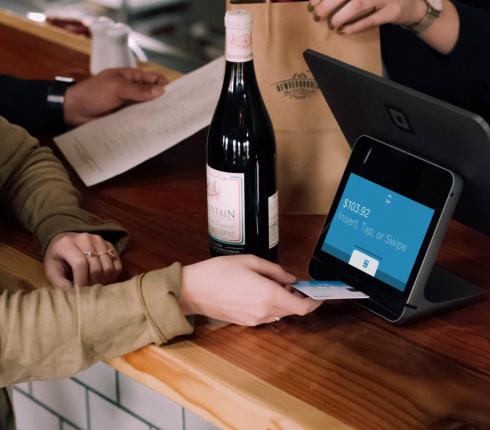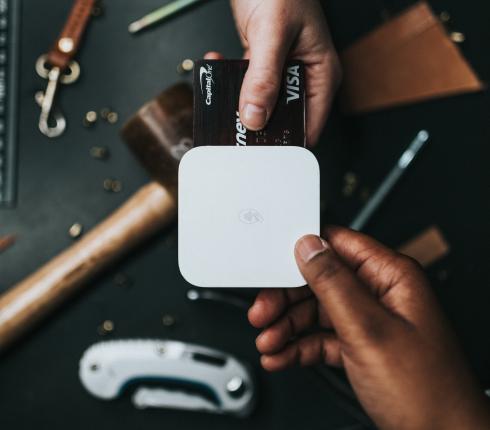What do Norwegians eat for lunch and how does it affect your business?
Earlier, I have shared my views on business culture in Sweden and in Denmark, seen with my Estonian eyes. Although Swedes and Danes are very different from each other in the way they conduct business, those countries share a common history with Estonia that can be used when trying to get to a deal.
With Norwegians, the situation is a bit trickier. Norwegians have always looked to the west (UK and USA) when exporting. For them, what’s on the other side of Sweden is mostly unknown territory. Norwegians are however proud members of the NATO and know the Baltic States to be good partners in this co-operation. Apart from that, the knowledge of us is limited to Tallinn being the capital of Latvia.
But Norwegians and Estonians have some behaviour in common. Large parts of the population moved into cities and started to work in offices quite recent and many spend their week-ends and summers in the country side. The Norwegian business life has its roots in farming and fishing and since the 1970’ies there are companies with roots in the oil industry too. All of these industries are dependent on the weather. This fact makes Norwegians more ad hoc than other Scandinavians and more like Estonians. They are keen on planning but not as uptight about is as Swedes.
Just like the Danes, the Norwegians separate work and time-off to a much larger extent than an Estonian. A Norwegian would however not invite you to tag along to his after-work activity as would a Dane. On the other hand, no Estonian would ever invite a non-relative or non-former classmate to come along anywhere anyway.
Norwegians see themselves as very flexible. But in reality, they seek for security and long-term relations when looking for new business partners and once again I will urge you to highlight the Nordic part of Estonian history and culture as this will also make Norwegians feel more comfortable in doing business with you.
Norwegians that already have Estonian business partners say that what they really like about Estonians is that we are doers. How long time something should take, is otherwise a topic where Estonians and Norwegians need to discuss in depth as this seems to give rise to many misunderstandings. Normally nothing is rushed in Norway. And no one is really expecting things to happen (fast) either. If this is due to Norwegians feeling fat and safe in their bubble of oil money put aside by the State for their retirement, or if they are just content in moving slowly, it’s hard to tell from the outside.
When something goes wrong, Estonians write long e-mails about it. Norwegians like short e-mails and want more complex things to be discussed over the phone. Estonians are sometimes afraid to call when the topic is negative and here again is something that you should learn from to be able to have smooth business relationships with Norwegians.
To more describe the Norwegian business life there are two factors that stick out. Working time and lunch. In a way its connected.
In the Nordics (Estonia included), we share large part of food culture. We eat food made from our local produce and we have many dishes in common such as pea soup, pickled herring, pork roast with potatoes and gravy, meat balls and lingonberry jam and we use a lot of dairy products and it is not uncommon that adults drink milk with a meal.
Most of us eat breakfast before going to work, eat lunch in the middle of the working day and then head home for dinner that is cooked and served around 19:00. But, here you find an exception to the rule. That is the Norwegians.
They would eat breakfast like the rest of us. But what do they do for lunch? They bring along a sandwich. That’s it.
How can this fact affect your business? Let me explain: If your co-operation partner is a Norwegian company you should be aware of their eating habits. They will not be on lunch breaks as most people would eat their sandwiches while they are working, or just take 15 minutes off to chew.
And, since Norwegians are humans as the rest of us and if one does not eat properly, one gets very hungry. Around 15:00 Norwegian time I would not bother calling there with any surfaced problem as he or she will not be able to focus on much more than their empty stomach. In addition, everyone will leave work before 16:00 anyway as they need to go home to cook and eat something. So, after business hours would be after 18:00 in the other Nordic countries but in Norway this is as early as 16:00. On Fridays, no one will answer your call after 15:00 local time. Just so you know.
Need more good tips on how to do business with Norwegians? Contact NJORD partner Karolina Ullman.

































